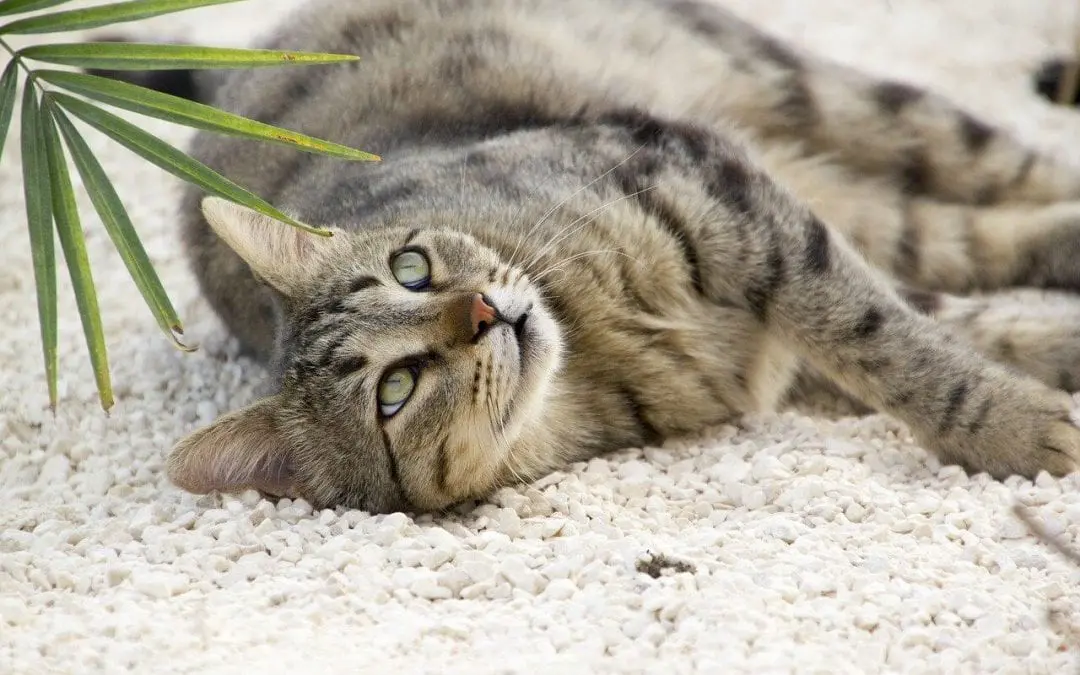Non-Toxic Houseplants
Houseplants are used to add color and beauty to the home, but it’s important to be careful when you share your living spaces with pets. When choosing plants for your home, opt for pet-friendly varieties. Some common houseplants have been known to cause breathing difficulties, seizures, and kidney failure if ingested by a pet. Here are a few types of non-toxic houseplants you can grow while keeping your pets safe.
Calathea
Sometimes called a “prayer plant,” Calathea varieties close their leaves at night and look like praying hands. This houseplant grows well in indirect light. In nature, they grow on the jungle floor where sunlight is limited.
In your home, this plant prefers temperatures of between 65 and 80 degrees, moist soil, and moderate humidity. This plant is appealing to houseplant lovers because of the exquisite patterns on its leaves.
African Violet
This pet-friendly houseplant is a beautiful addition to your collection. African violets are finicky about water and don’t like to be too dry or too wet. Water them with lukewarm water and take care not to get the leaves wet. Put the plant in an area that receives bright to medium filtered sunlight to avoid damage to the blooms.
Air Plants are Non-Toxic Houseplants
Scientifically referred to as Tillandsia, these plants are pet-friendly and low maintenance. Air plants absorb moisture through their leaves and don’t need to be rooted in soil. These houseplants enjoy good circulation and bright indirect sunlight. Mist them with water a couple of times a week and every 2-3 weeks, soak your tillandsia in water for a few hours.
Christmas Cactus
Some of the plants in the Schlumbergera genus are known as Christmas cactus and Thanksgiving cactus. The names are based on the time of year they usually bloom. In some parts of the world, the common name for these houseplants is “crab cactus.”
No matter what you call them, they are non-toxic to pets. Plants in the Schlumbergera family can adapt to low-light conditions but bloom better in medium indirect light. Too much light can burn their leaves. Because of their trailing growth habit, your Christmas cactus may be tempting for pets to play with. If this is an issue, grow the plant in a hanging basket out of their reach.
Parlor Palm
The Parlor Palm is an attractive tree that grows well indoors. It can tolerate lower light conditions and will grow between two and six feet tall indoors. This tree does well in both direct and indirect sunlight. These houseplants are often overwatered, so err on the side of too dry. Water your Parlor Palm when the top inch of the soil is dry.
M&T Inspection Services provides home inspection services to Indianapolis. Contact us to schedule an appointment.

